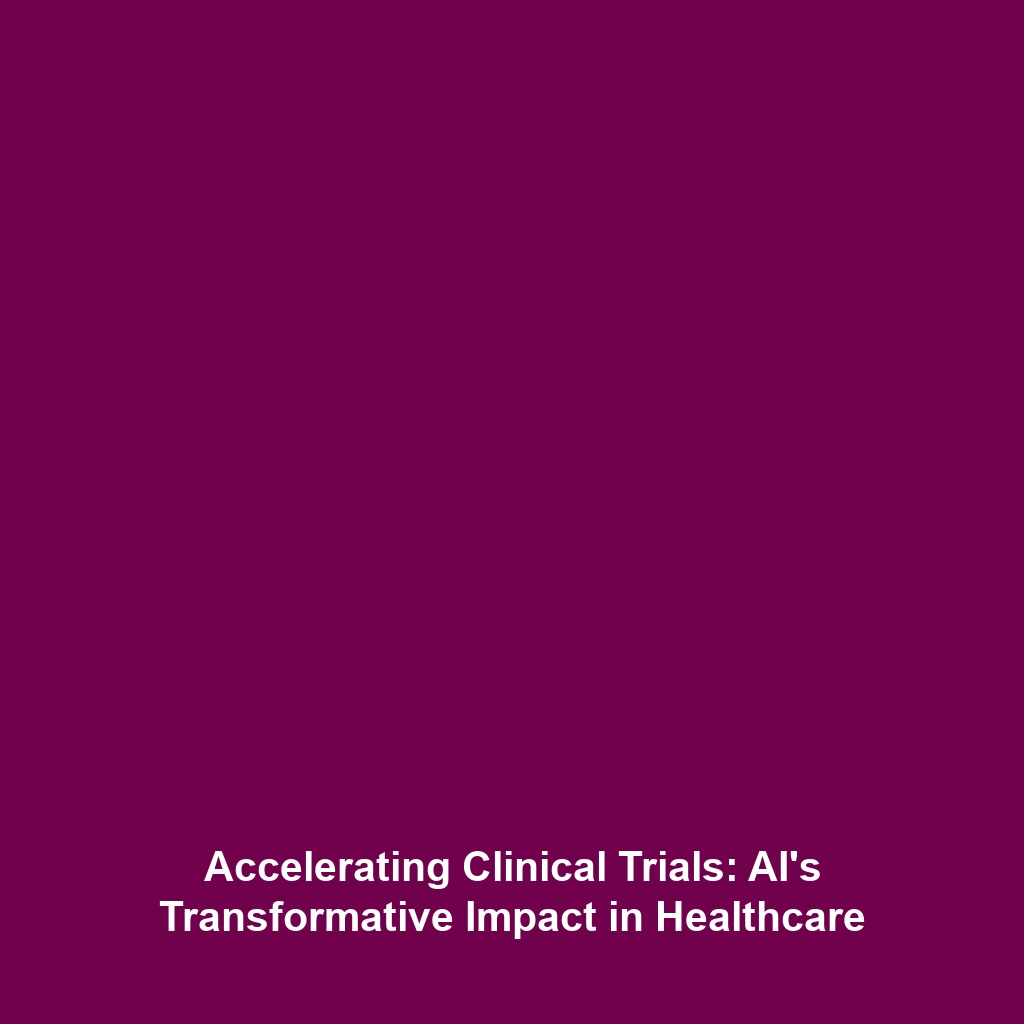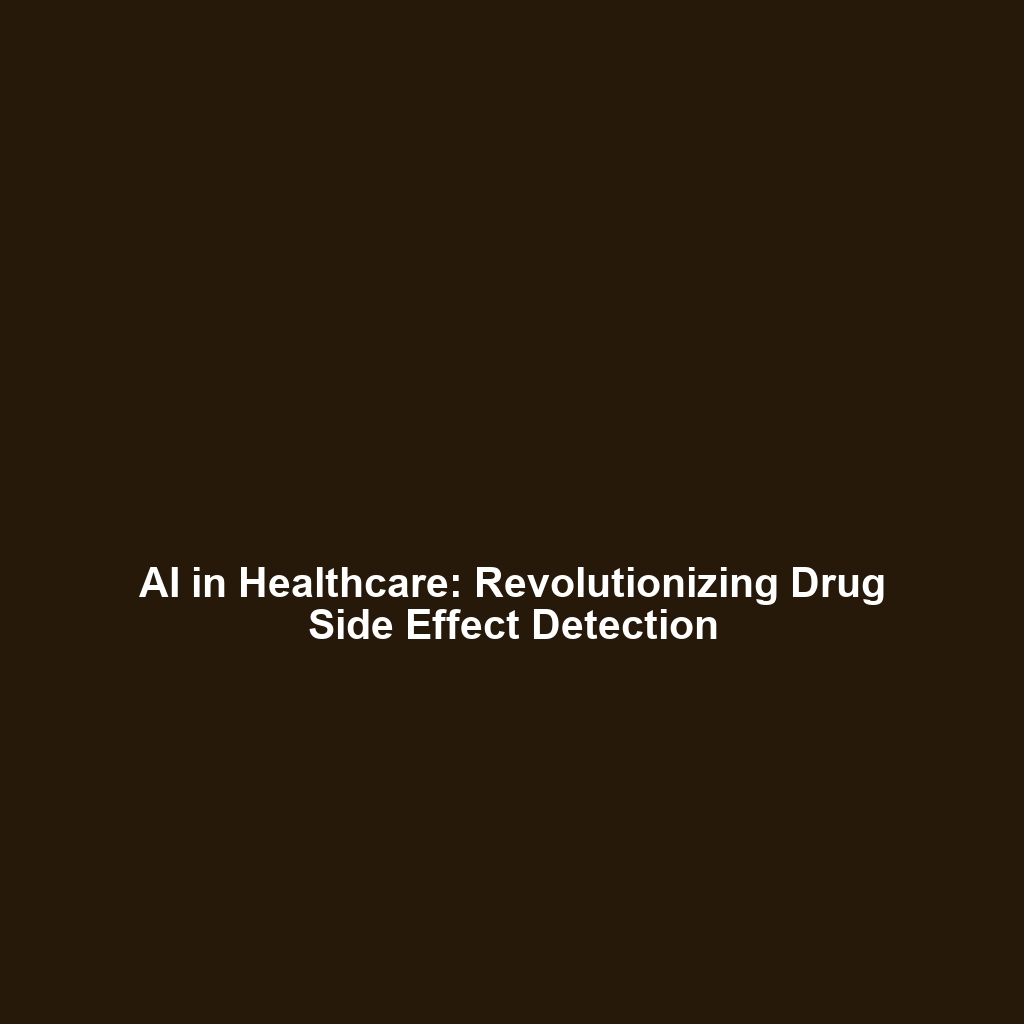CAR-T Cell Therapy: Engineering T Cells to Better Fight Cancer Using CRISPR
Introduction
CAR-T cell therapy is an innovative approach to cancer treatment that harnesses the power of CRISPR gene editing techniques to engineer T cells. This groundbreaking therapy equips the immune system’s T cells to identify and attack cancer cells more effectively, providing new hope for patients with various types of cancer. By understanding how CAR-T cell therapy works within the framework of CRISPR Gene Editing, researchers and medical professionals can better address the challenges of cancer immunotherapy.
Key Concepts
Understanding CAR-T Cell Therapy
Chimeric Antigen Receptor T (CAR-T) cell therapy involves genetically modifying a patient’s T cells to express receptors that specifically target cancer antigens. The integration of CRISPR technology allows for precise editing of the T cell genome, enhancing the specificity and efficacy of these cancer-fighting cells. This process highlights several crucial concepts:
- Gene Editing: CRISPR technology enables the alteration of T cell DNA to optimize their responsiveness against tumors.
- Immunotherapy: CAR-T cell therapy represents a form of immunotherapy that activates the immune system to better recognize and destroy cancer cells.
- Personalization: Each CAR-T treatment can be tailored to the individual patient, increasing the chances of success.
Role of CRISPR in CAR-T Therapy
CRISPR gene editing plays a vital role in CAR-T therapy by facilitating the creation of customized T cells that can more efficiently target malignant cells, making this treatment a leading-edge option in oncology.
Applications and Real-World Uses
CAR-T cell therapy has been successfully implemented in treating various hematological cancers, specifically in cases of refractory B-cell malignancies. The applications of CAR-T cell therapy in CRISPR gene editing include:
- Clinical Trials: Investigational studies demonstrate CAR-T’s efficacy in large B-cell lymphoma and acute lymphoblastic leukemia.
- FDA Approvals: The FDA has approved multiple CAR-T therapies, including Kymriah and Yescarta, showcasing real-world success.
- Future Expansions: Ongoing research aims to extend applications into solid tumors, which remain more challenging to treat.
Current Challenges
Despite its success, CAR-T cell therapy faces various challenges and limitations in the context of CRISPR gene editing:
- Safety Concerns: Potential off-target effects of CRISPR editing can lead to unintended consequences.
- Cytokine Release Syndrome: Patients may experience severe reactions as a result of T cell activation.
- Manufacturing Complexity: The process of producing CAR-T cells is resource-intensive and time-consuming.
Future Research and Innovations
The future of CAR-T cell therapy and CRISPR gene editing looks promising with several emerging innovations:
- Next-Generation CARs: Development of more advanced CARs to improve targeting solid tumors.
- Combination Therapies: Research into combining CAR-T therapy with checkpoint inhibitors to enhance effectiveness.
- Improved Editing Techniques: Innovations that minimize off-target effects and enhance precision in gene editing.
Conclusion
CAR-T cell therapy represents a significant advancement in the field of cancer treatment, leveraging CRISPR gene editing to create potent T cell therapies. While challenges remain, ongoing research and innovations promise a future where these therapies become standard practice in oncology. For more information on related topics like immunotherapy, visit our resources page.




